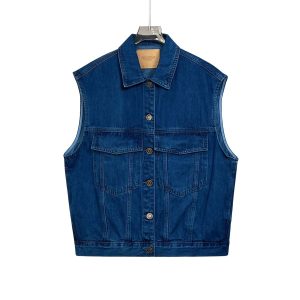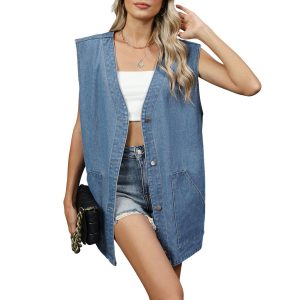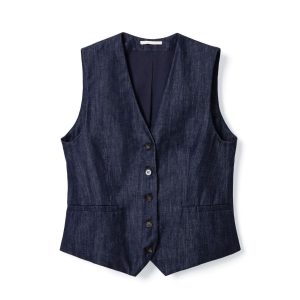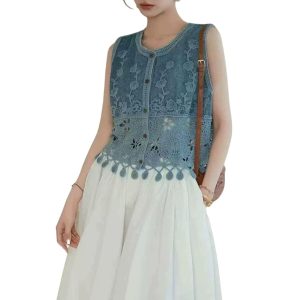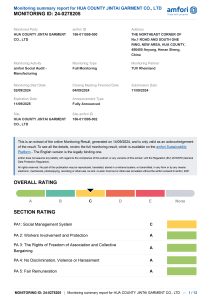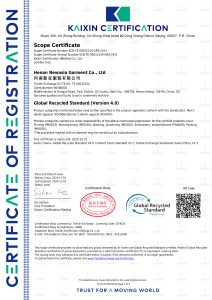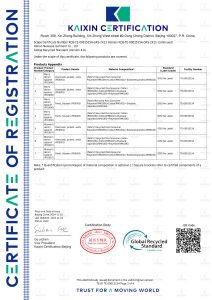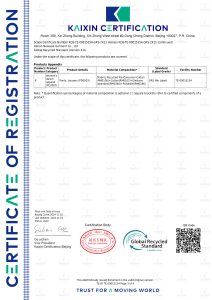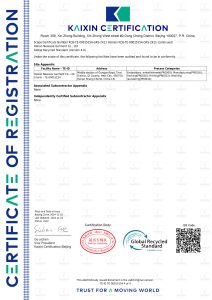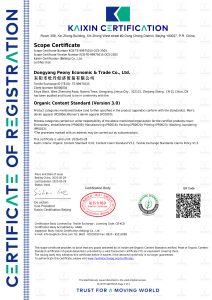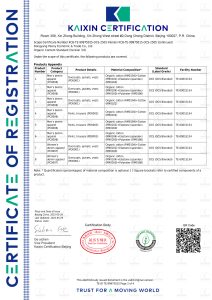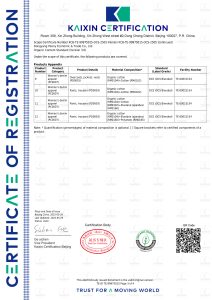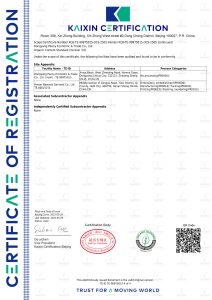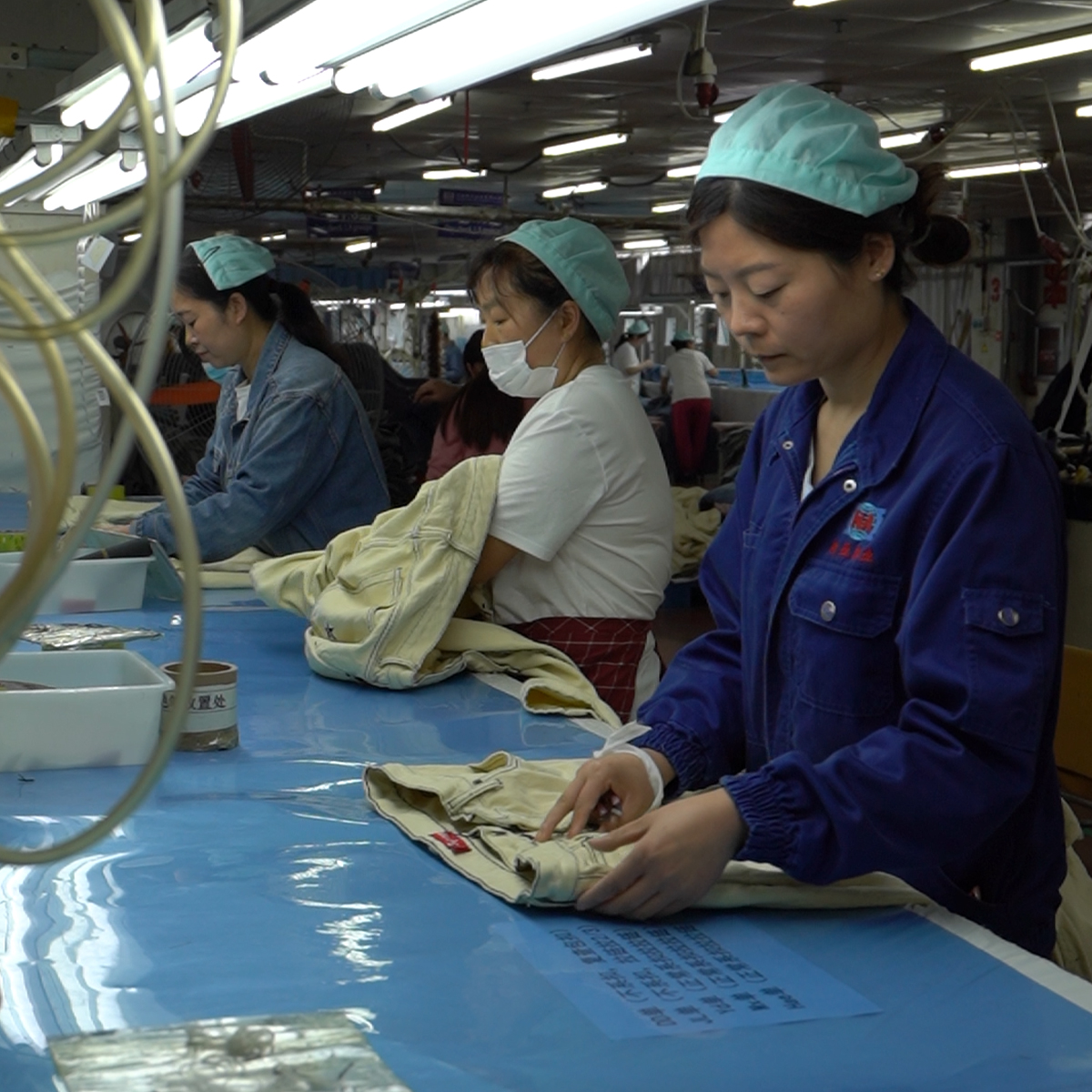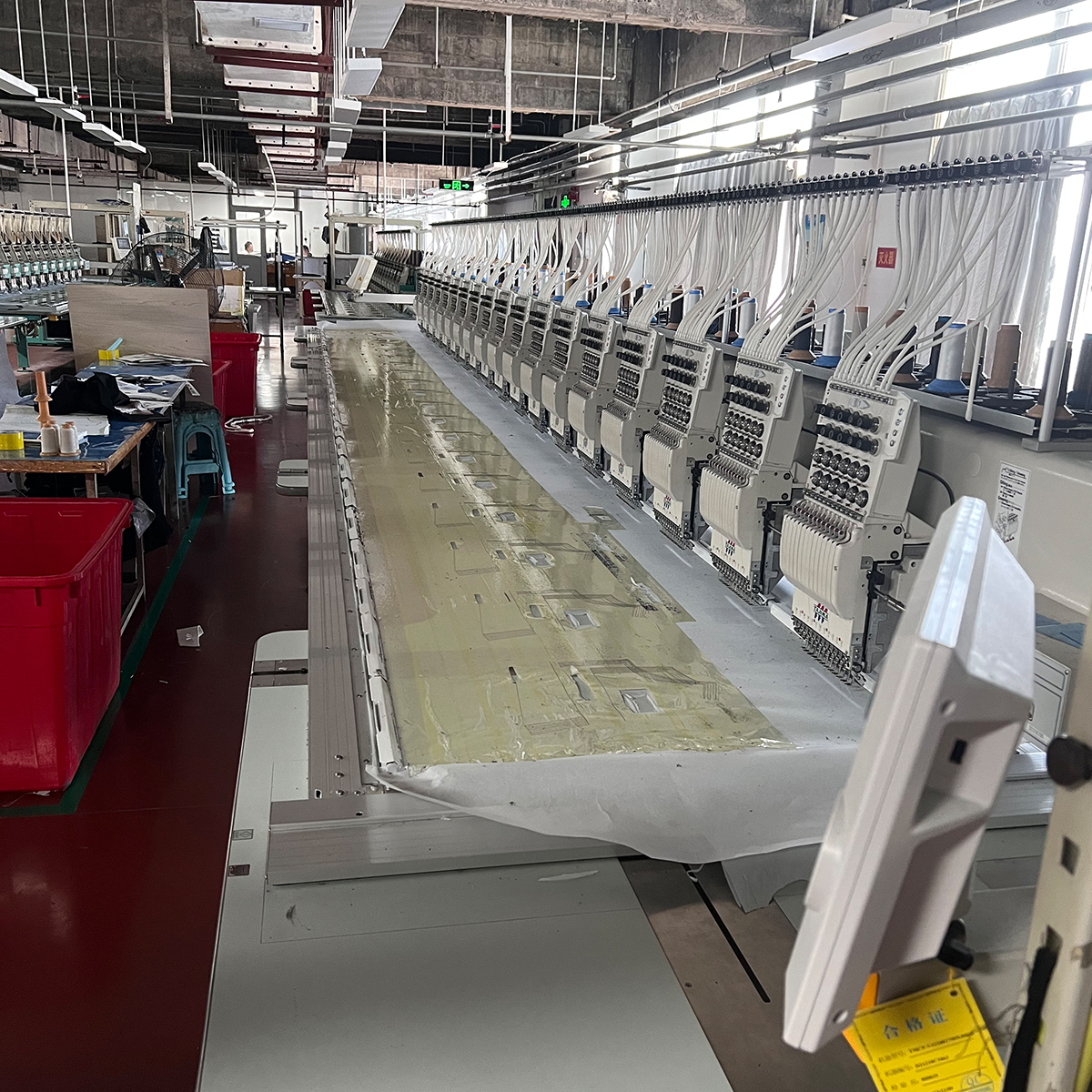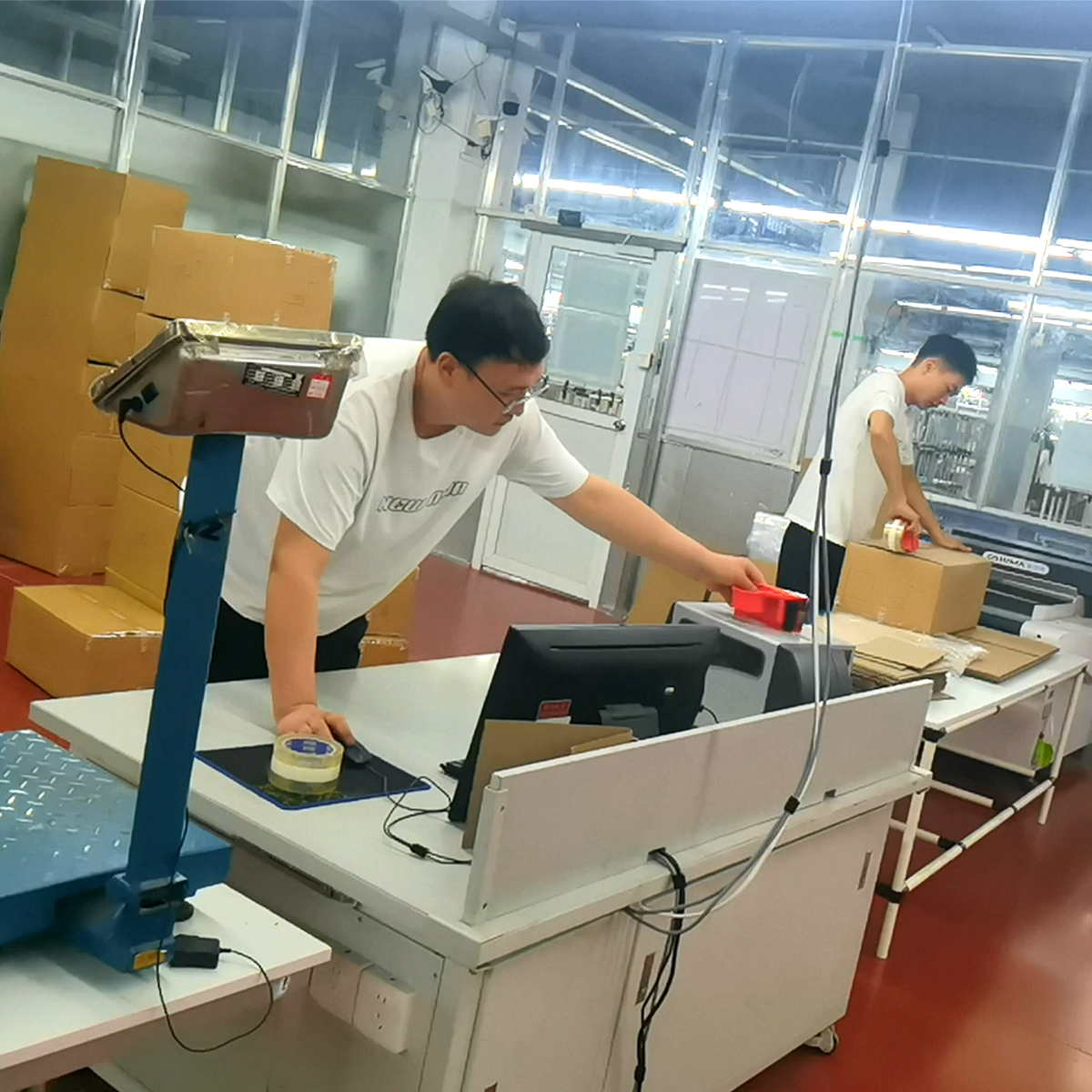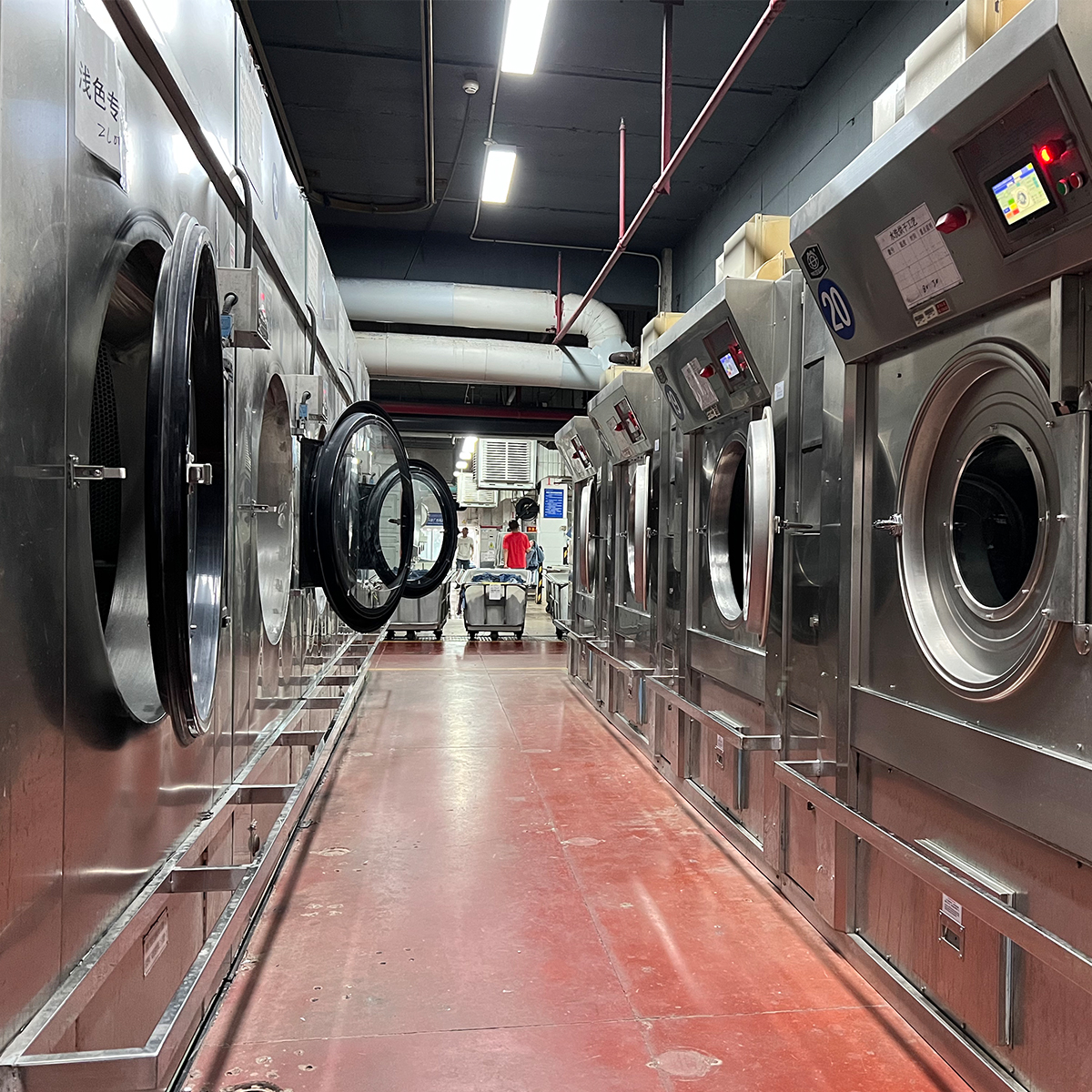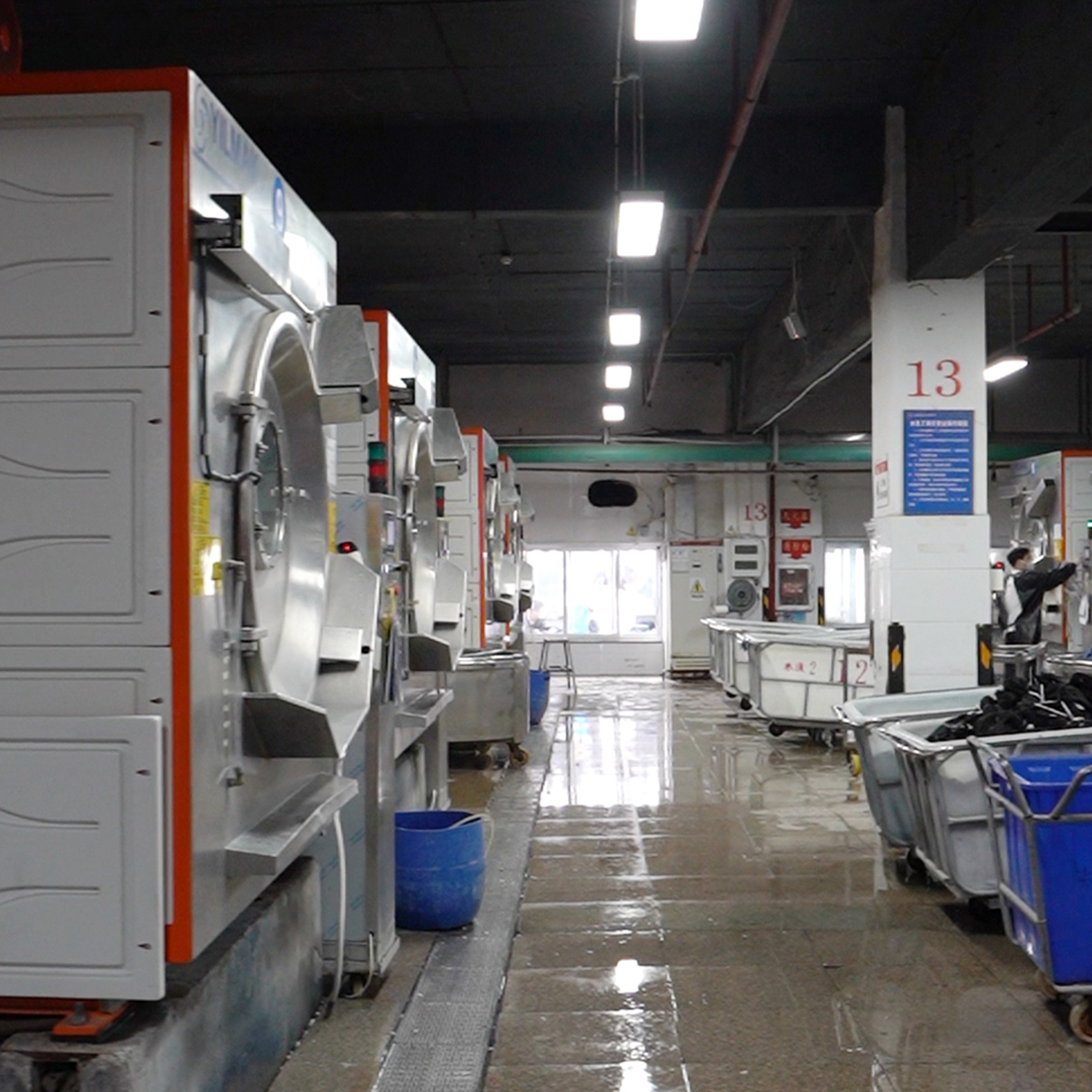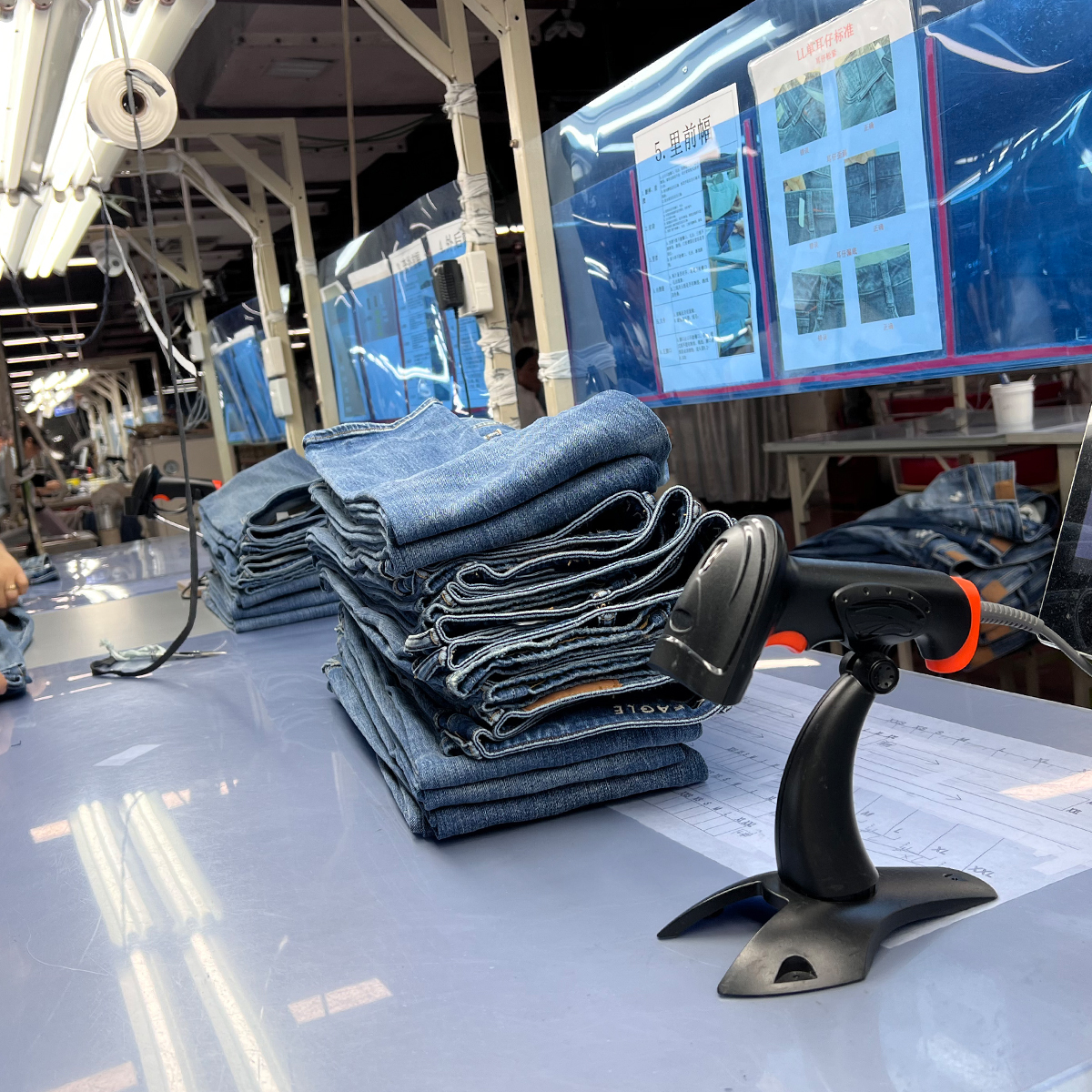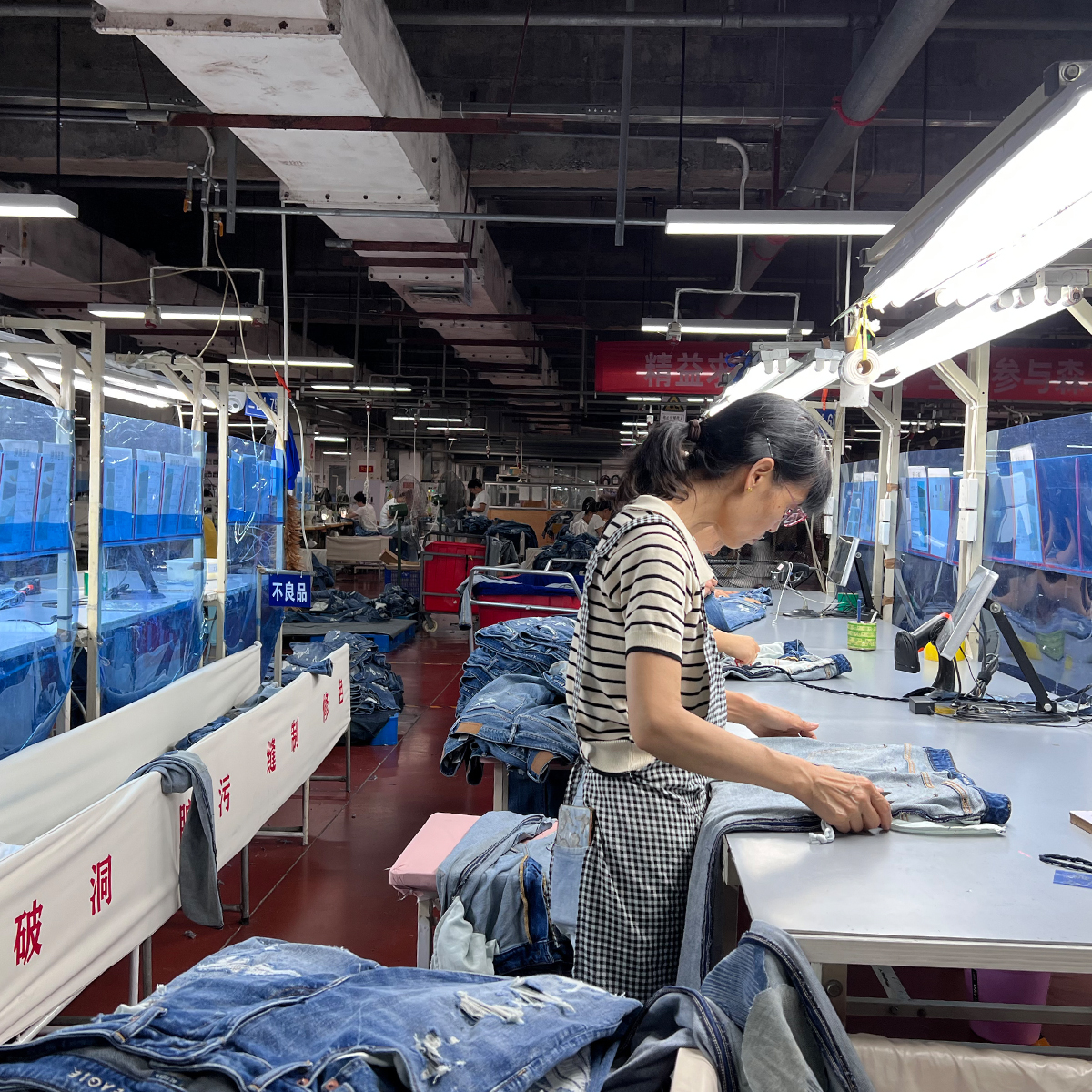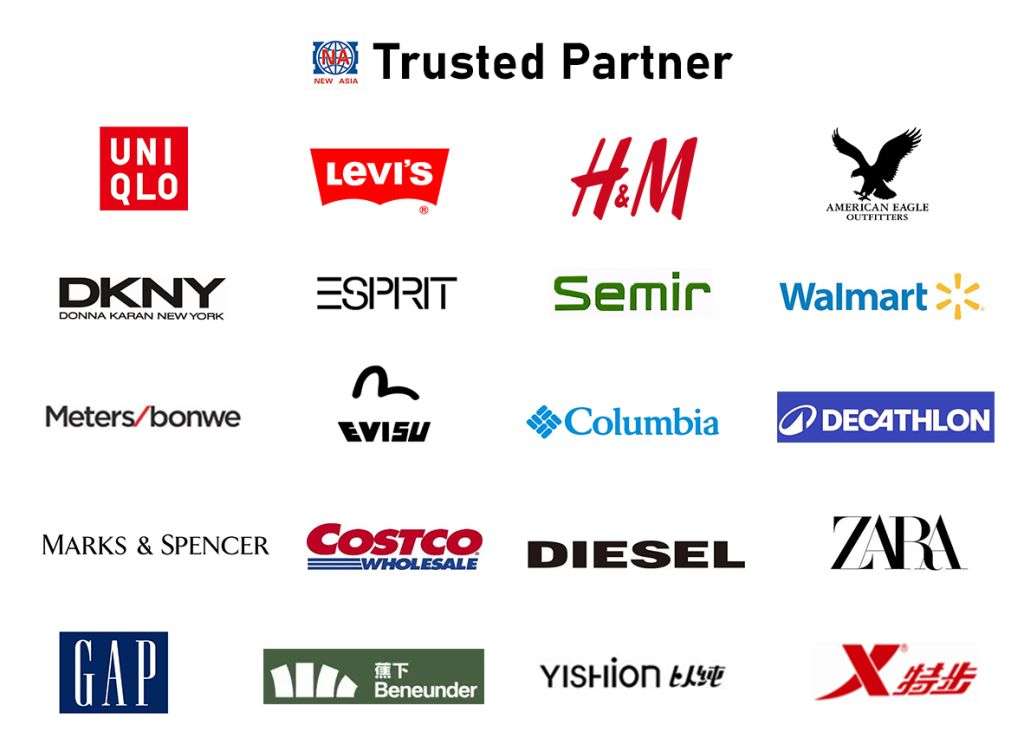When it comes to running a successful jeans business, one of the most crucial decisions you will face is choosing the right supplier. In an industry that thrives on quality, style, affordability, and timely delivery, finding a jeans supplier who meets these demands is essential. This guide will offer a comprehensive roadmap to assist you in selecting the best supplier that aligns with your business objectives, customer preferences, and market trends. Let’s dive into some key considerations!
Understanding Your Needs
Your journey towards finding the right supplier begins with understanding your needs. Are you focused on providing high-quality jeans made from premium denim, or do you prefer a more budget-friendly option? What styles and fits resonate with your target audience? It’s vital to have a clear picture of what you want. Conducting extensive market research can be beneficial; analyze current trends, customer preferences, and price points.
Assessing Supplier Credentials
Once you have established a list of potential suppliers, it’s important to assess their credentials. Look for suppliers that have a proven track record in the industry. Check their certifications, experience, and client reviews. A reputable supplier should be willing to provide references and showcase their previous work. Jump on social media platforms and industry forums to gather feedback from other business owners regarding their reliability and product quality.
Quality Control and Manufacturing Processes
Quality control is paramount in the jeans industry. You want to ensure that your supplier maintains high standards throughout the manufacturing process. Inquire about their quality control measures, testing processes, and compliance with industry regulations. Do they use eco-friendly materials? Are their manufacturing practices ethical? These are essential factors that can influence your brand’s image significantly.
Pricing Structure
Pricing can vary significantly among different suppliers, and while it might be tempting to choose the lowest bid, it’s critical to weigh the long-term implications. Ask for a detailed breakdown of their pricing structure, including any hidden costs such as shipping fees, import duties, and minimum order quantities. Negotiate the terms and seek a supplier that offers the best value while maintaining quality. Remember, the cheapest option is not always the best in the long run.
Customization Options
As fashion trends evolve, the ability to offer unique and customizable products can set your brand apart from competitors. Ensure that your supplier provides options for customization in terms of fabric choices, sizes, washes, colors, and styles. The flexibility to create special editions or limited collections can also attract a niche market, enhancing your brand’s appeal.
Lead Times and Delivery Capabilities
In the fast-paced fashion industry, timely delivery is non-negotiable. Discuss the supplier’s lead times and shipping capabilities early in your negotiations. Are they able to meet your business demands, especially during peak seasons? Evaluate their logistics, shipping options, and how they handle unforeseen delays. A good supplier should provide you with an estimated delivery timeline and keep you updated throughout the process.
Communication and Responsiveness
Effective communication is crucial in establishing a fruitful partnership. Your supplier should demonstrate excellent customer service and be responsive to inquiries or concerns. Pay attention to how quickly they respond to your initial contact — this can be an indicator of their future service level. A supplier who communicates effectively can help streamline the process and ensure that both parties are on the same page.
Technology and Innovation
In today’s digital landscape, suppliers who leverage technology tend to be more efficient and innovative. Look for suppliers who utilize modern manufacturing methods, inventory tracking systems, and even artificial intelligence to predict trends and manage production schedules. These tools not only improve efficiency but can also enhance the quality and consistency of products.
Building a Relationship
Once you have chosen a supplier, focus on cultivating a strong business relationship. Regular communication will pave the way for transparency and trust, allowing both parties to discuss challenges and celebrate successes together. Consider visiting their facility if possible, as this can solidify your partnership and give you a deeper insight into their operations.
Conducive to Sustainability
As consumers become increasingly savvy and conscious of their purchasing decisions, sustainability will play a significant role in influencing supplier choice. Look for suppliers who prioritize sustainability through eco-friendly production processes, ethical labor practices, and sustainable materials. Demonstrating your commitment to environmentally care will resonate with a larger audience and enhance your brand image.
Final Thoughts
Choosing the right supplier is undoubtedly a pivotal step in ensuring the success of your jeans business. With the right partner, you can elevate your brand, satisfy your customer base, and contribute positively to the fashion industry’s evolution. By keeping quality, price, sustainability, and communication at the forefront of your decision-making process, you will set yourself up for long-term success in the competitive world of jeans manufacturing and retail.



